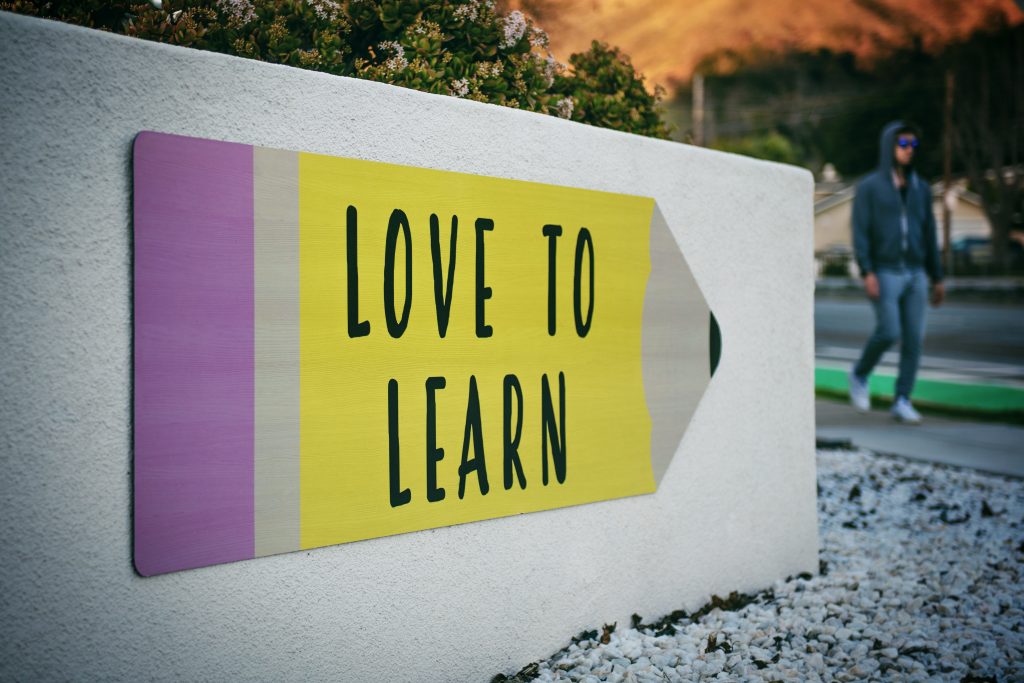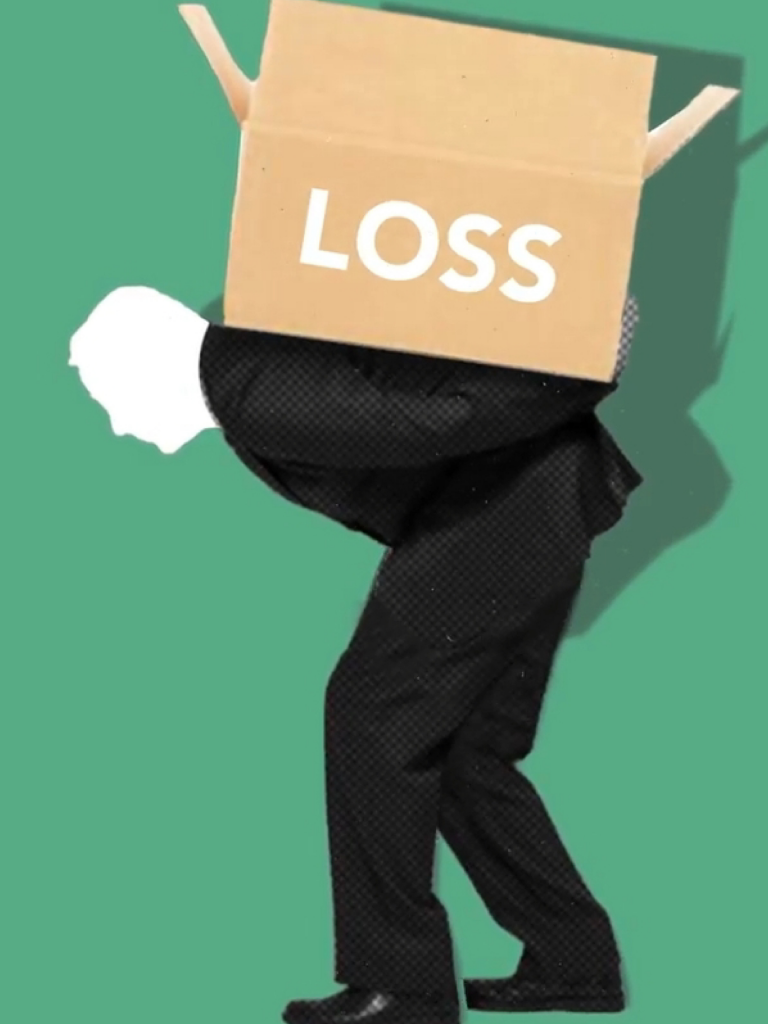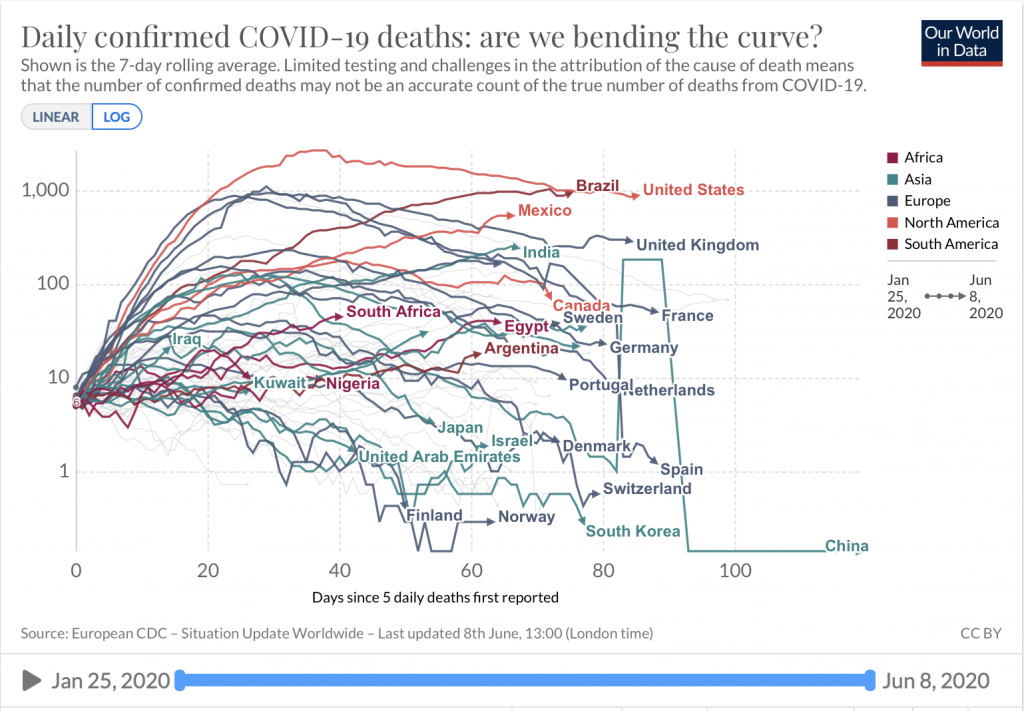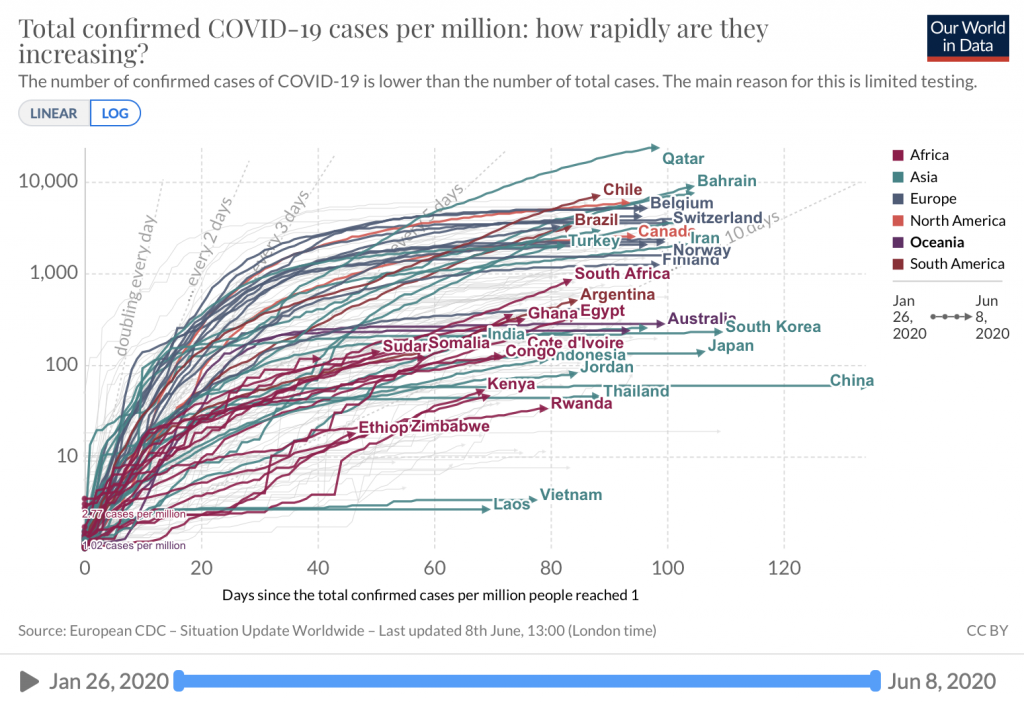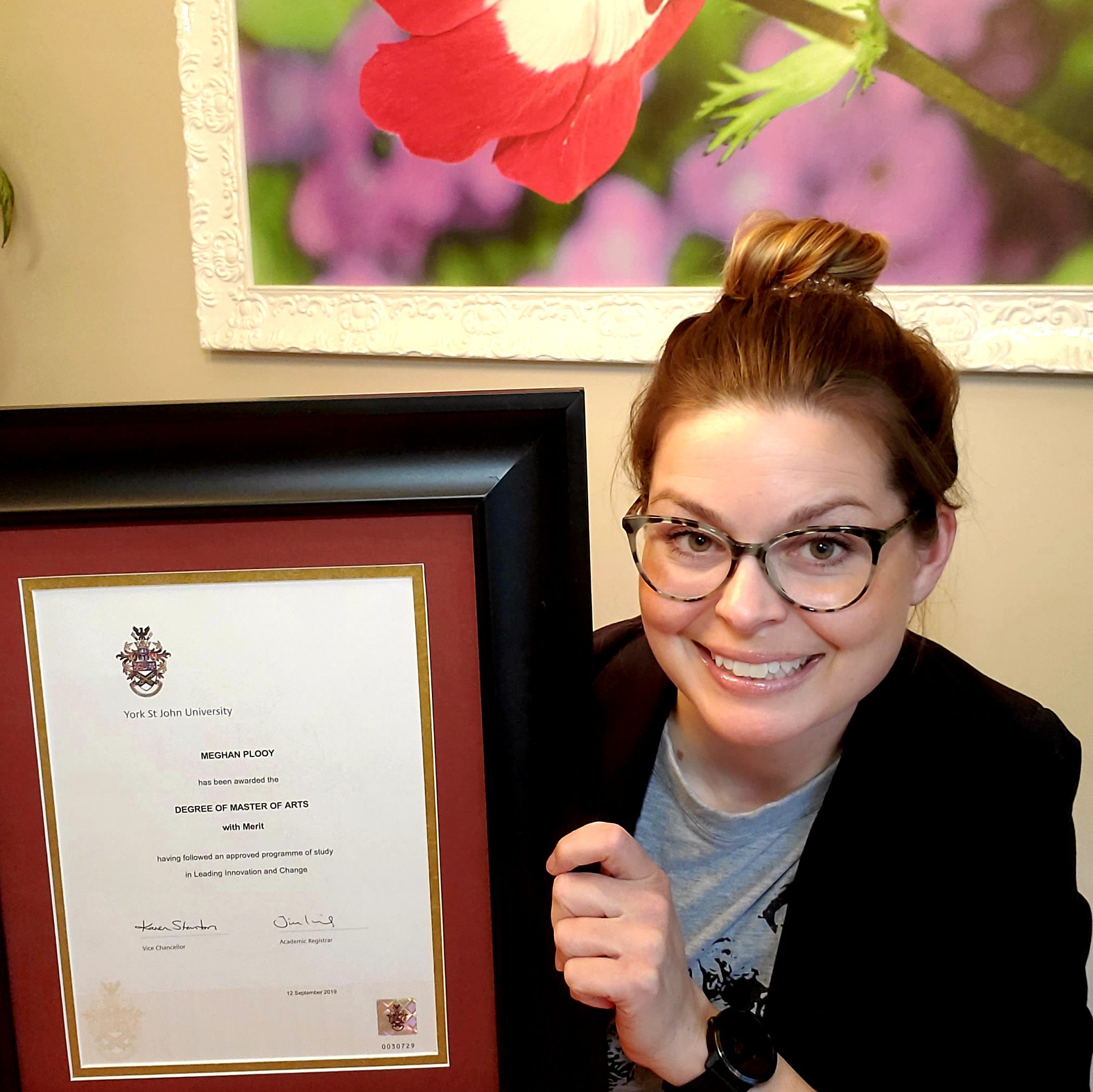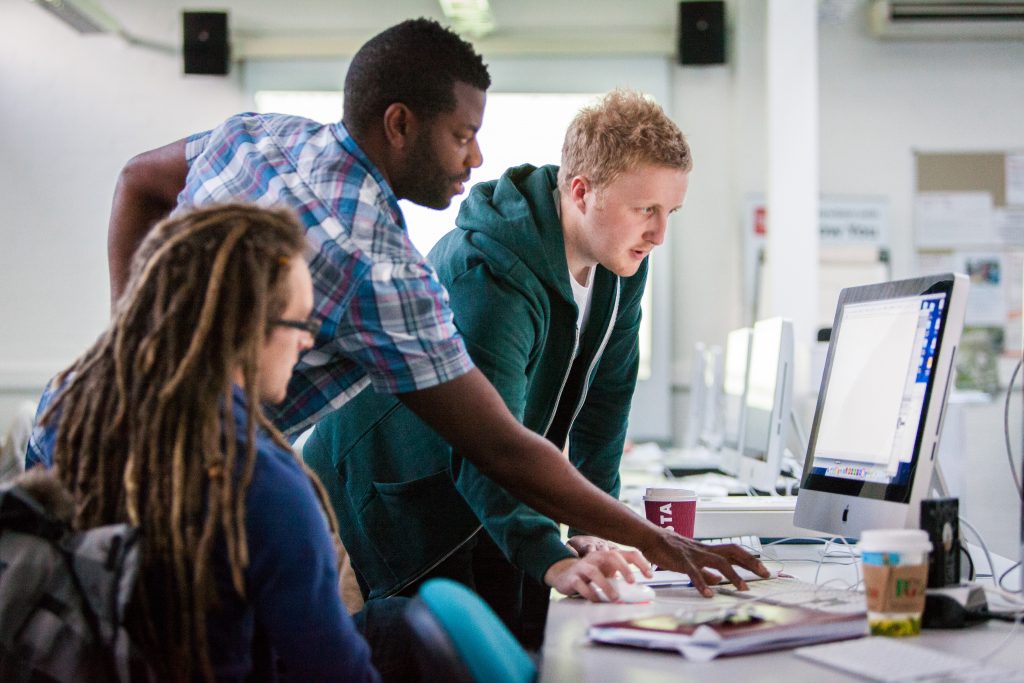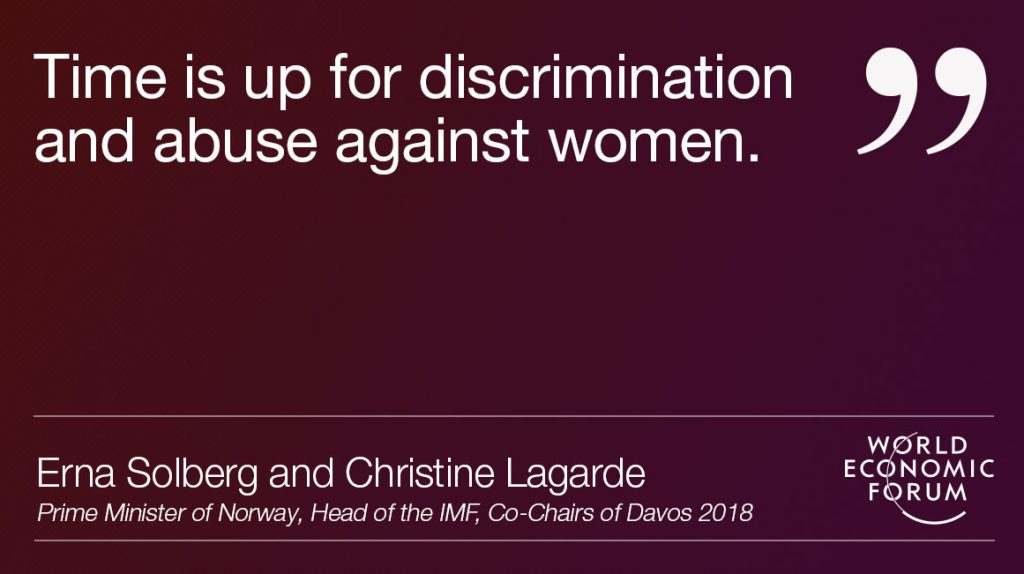It is a dream come true moment for several doctorate programme aspirants, who anxiously awaited the launch of PhD programme at Robert Kennedy College. Well, the wait is now over!
Robert Kennedy College proudly offers an online PhD programme in collaboration with the University of Gloucestershire.
The University of Gloucestershire was founded in 1847 and holds its title and degree-awarding authority from His Majesty’s Most Honourable Privy Council. It is globallyrecognised.

The PhD programme, intended to boost your career achievement, is a simple 2 stage programme.
Programme Description
Stage 1: RKC’s Executive Diploma in Advanced Research. The requirements to join are a master’s degree in any discipline, with priority given to Robert Kennedy College graduates. Course duration: 3 to 6 months.
Stage 2: On completion of Stage 1, advance to the University of Gloucestershire’s PhD programme through a successful online interview, with a primary focus on dissertation writing in 1 to 6 years.
Why choose a PhD with Robert Kennedy College and the University of Gloucestershire?

Worldwide Recognition: The British doctorate awarded by University of Gloucestershire is accredited by British government and is respected globally.
100% online flexible learning: Whether you are a busy professional or a busy parent, this programme will fit into your hectic schedule seamlessly allowing you to maintain a balance between professional, personal and academic lives.
Duration: Executive Diploma in Advanced Research can be completed in 3-6 months at Robert Kennedy College. Upon successful completion of the diploma, advance to the University of Gloucestershire’s PhD programme through a successful online interview, with a primary focus on dissertation writing in 1 to 6 years.
Specialization options: The programme offers diverse specialisations such as Strategic and Digital Marketing, Law, Accounting and Business Strategy.
Dedicated mentorship: Students receive dedicated support and guidance throughout their academic journey.
How to Enrol:
Stage 1
Executive Diploma in Advanced Research requires a Master’s degree in any discipline, with priority given to Robert Kennedy College graduates. Click here to apply for the programme.
Stage 2
University of Gloucestershire PhD. Entry to this programme is through completing Robert Kennedy College’s Executive Diploma in Advanced Research programme (stage 1) and being interviewed online by your supervisory team.

Programme Outline
Stage 1
Executive Diploma in Advanced Research
• Philosophy and Approaches to Research • Methodologies and Methods
Stage 2
University of Gloucestershire PhD
Individual Dissertation Supervision: Benefit from personalised guidance and supervision at the University by two supervisors, ensuring a focused and supportive environment for your doctoral research.
Tuition fee and payment plan
Stage 1 – Executive Diploma in Advanced Research
The total tuition fee is 7000 CHF. For RKC graduates, we offer an exclusive tuition rate of 6000 CHF, equivalent to approximately US$ 6800. This all-inclusive fee can be conveniently divided into six interest-free monthly instalments of 1000 CHF each.
Stage 2 – University of Gloucestershire PhD
The annual fee for 2024/5, after completing the diploma, is 6400 CHF approx US$ 7367. Non-UK residents receive a £ 2000 fee waiver of the published international fees.
Embark on your academic journey and apply online for the PhD programme today. For the fee If you still have any questions, one of our education advisors will guide you through the requirements and admission process.

